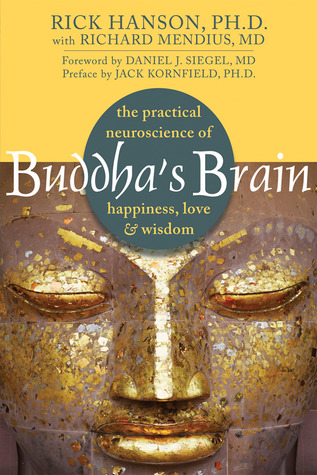More on this book
Community
Kindle Notes & Highlights
I got through all that, I’m still here, and many people love me.
Powerful evolutionary processes have shaped your nervous system to produce the capabilities and inclinations that foster cooperative relationships; they’ve nourished a large and friendly wolf in your heart.
Every day, try to have compassion for five kinds of people: someone you’re grateful to (a “benefactor”), a loved one or friend, a neutral person, someone who is difficult for you—and yourself. For example, sometimes I’ll look at a stranger on the street (a neutral person), get a quick sense of him or her, and then access a sense of compassion. You can also bring compassion to animals and plants, or toward groups of people (e.g., children, those who are ill, Republicans or Democrats). Compassion is for everyone.
Approach your own ill will as an affliction upon yourself so that you’ll be motivated to drop it. Ill will feels bad and has negative health consequences;
Resentment is when I take poison and wait for you to die.
What flows through your attention sculpts your brain. Therefore, controlling your attention may be the single most effective way to shape your brain, and thus your mind.
When your mind wanders, as it inevitably will, try not to be self-critical; simply return to awareness of the next breath.


